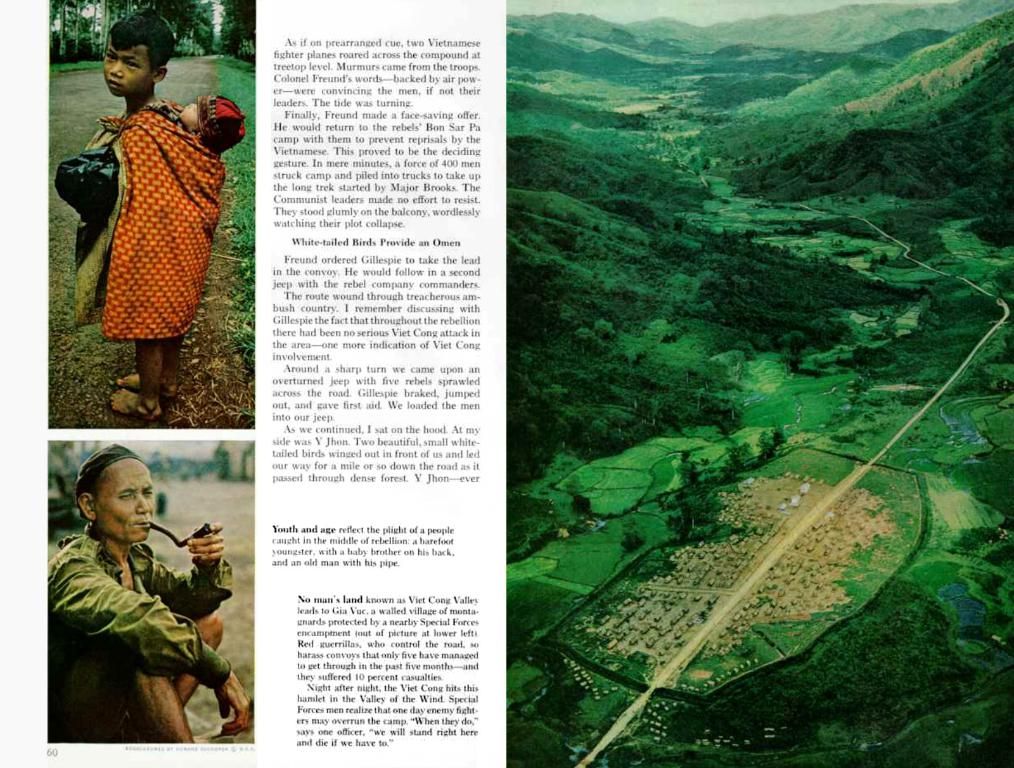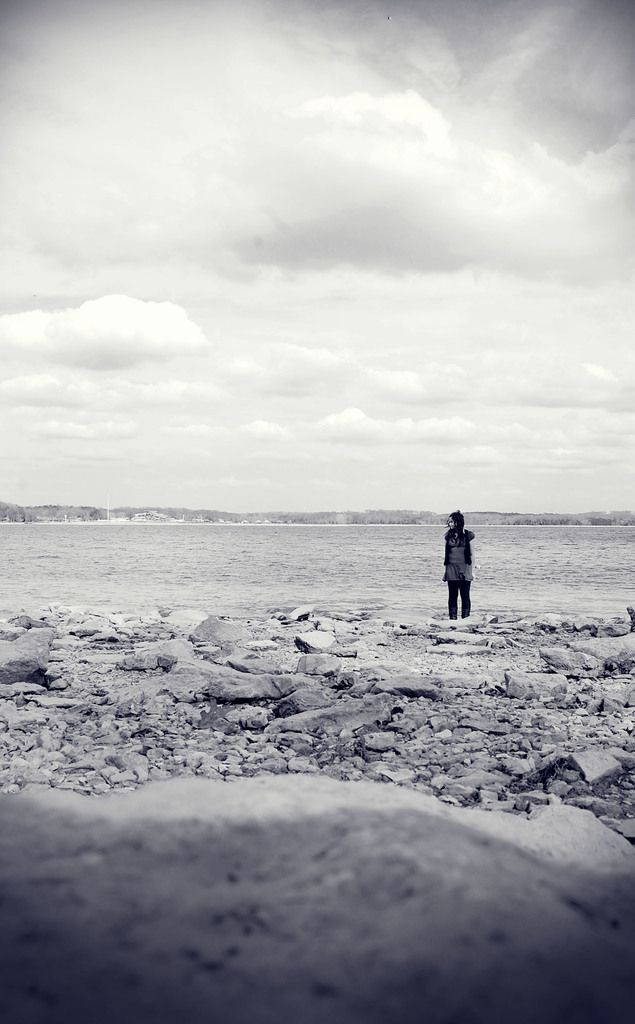Economic landscape under Francis: From financial scrutiny to reverence for wealth, displayed by the saintly businessmanwho was both wealthy and virtuous.
Pope Francis, the late Argentine Pope who recently passed away, left a notable political and economic impact during his 12-year tenure. From critiquing the "killer economy" to advocating for a universal basic wage, he stirred up a genuine revolution in the ecumenical world.
politicians Javier Milei and Donald Trump were in attendance at his funeral in St. Peter's Basilica, Rome, alongside over 150 foreign delegations. But Francis's influence was far beyond just politics—his economic postulates were nothing short of revolutionary.
Criticizing the centrality of the rich and the destitute, ecology, and the defense of the planet, the idolatry of money, and wild capitalism, he proposed an economy centered on human dignity and the common good. Many took issue with his views, arguing over the "Peronist Pope" and nitpicking his expressions during diplomatic meetings.
However, one cannot deny that Francis frequently addressed economic issues, often criticizing structural inequalities in the global economic system and championing sustainable, people-oriented economies. Whether it was via encyclicals, messages, or speeches, his words were powerful, challenging the status quo of the financial system.
His 2015 encyclical, Laudato si', addressed the ecological crisis and its link to the dominant economic model. He criticized financial speculation, asserting that "finance drowns the real economy," denouncing the "culture of discard" and the idolatry of money.
Over the years, Francis deepened his criticism of neoliberalism and exclusive globalization, reiterating that the market cannot solve all problems and lashing out at financial speculation. He even sent messages to the participants of the Davos Forum. In 2024, he urged leaders to make moral and ethical decisions to heal a world "increasingly lacerated" by economic woes.
During a meeting with IMF director Kristalina Georgieva in 2020, he called for relief for indebted countries and against unsustainable payments. Guzmán, the Argentine Minister of Economy who shared Francis's vision, was present at this meeting.
Francis's economic views should not be seen as economic treatises, but as a call to action for a just, sustainable global economy. Whether it's addressing the debt of the poorest countries or advocating for intergenerational social justice, he voiced his concerns passionately. In a critical section of his papal documents, he famously told Guzmán, "I want it to be clear that I am not a communist."
To summarize, Pope Francis's economic philosophy was a blend of humanism, environmentalism, and social justice. He called for an end to the "killer economy" and advocated for a universal basic wage, emphasized environmental sustainability, distributed economics, debt relief, and integrated the poor into economic processes. In essence, he desired an economy that places people and the planet first, rejecting greed and self-interest.
- What was notable about Pope Francis's political and economic impact during his tenure, especially considering his critique of the "killer economy" and advocacy for a universal basic wage?
- Besides politicians Javier Milei and Donald Trump, over 150 foreign delegations attended Pope Francis's funeral in St. Peter's Basilica, Rome. However, his influence went beyond politics, as his economic postulates were revolutionary.
- In critiquing the centrality of the rich and the destitute, ecology, and the defense of the planet, Francis proposed an economy centered on human dignity and the common good. Despite the criticisms over his views, he frequently addressed economic issues, often criticizing structural inequalities in the global economic system.
- In his 2015 encyclical, Laudato si', Francis addressed the ecological crisis and its link to the dominant economic model. He criticized financial speculation, stating that "finance drowns the real economy," and denouncing the "culture of discard" and the idolatry of money.
- During a meeting with IMF director Kristalina Georgieva in 2020, Pope Francis called for relief for indebted countries and against unsustainable payments. Guzmán, the Argentine Minister of Economy who shared Francis's vision, was present at this meeting. Overall, Francis's economic views called for a just, sustainable global economy that places people and the planet first, rejecting greed and self-interest.







